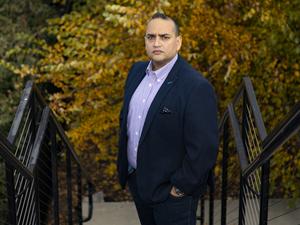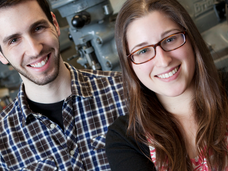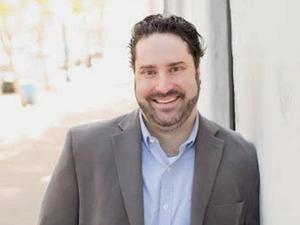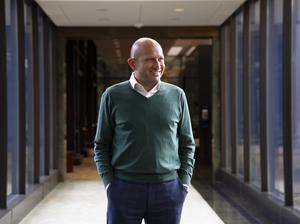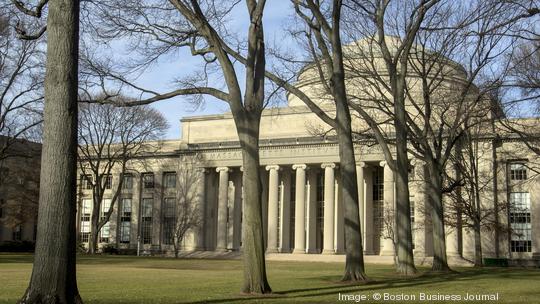
St. Louis plans to use to its selection into a global entrepreneurship program to strengthen and connect key pillars of its innovation economy and better position itself among competitor cities.
The St. Louis region is one of eight geographic areas that has been chosen for the ninth cohort of the Massachusetts Institute of Technology Regional Entrepreneurship Acceleration Program (MIT REAP). MIT’s two-year program is designed to bring together different organizations from each locality to collaborate and strategize on how to boost innovation and entrepreneurship within their footprint.
In addition to St. Louis, regions selected for the ninth cohort of MIT REAP include Hungary; Dominican Republic; Piaui, Brazil; Western Australia; Omaha, Nebraska; Kansas City, Missouri; and Des Moines, Iowa.
St. Louis’ team for MIT REAP includes representation from Greater St. Louis Inc., BioSTL, GeoFutures, the Donald Danforth Plant Science Center and Pluton Biosciences. Through its participation in the program, the St. Louis team plans to strategize how it can best boost its biosciences and geospatial technology sectors, and develop a plan to best capitalize on the intersection of those industries.
“The STL 2030 Jobs Plan called on the region to build on our strengths in established industries and to invest in and develop our next generation tech sectors,” said Jason Hall, CEO of Greater St. Louis Inc. “Participating in this prestigious program will further enhance our efforts in biosciences and geospatial technology and help us promote the type of innovation and entrepreneurship that will drive inclusive growth across the St. Louis metro over the next decade.”
While St. Louis’ innovation efforts in biosciences span several decades, its focus on geospatial technology is more nascent. BioSTL Vice President of Programs Ben Johnson said the MIT REAP program provides St. Louis an opportunity to further examine the intersection of the two industries to “further advance the geospatial ecosystem and in particular where it intersects with medical and plant sciences.” Through that process, the St. Louis group hopes to hone in on its competitive advantage over peer cities.
“So much of what this program will help us focus on is our comparative advantage. A lot of different communities are building their entrepreneurial ecosystem, and St. Louis is right there in,” said Greater St. Louis Vice President Sarah Arnosky Ko. “What we’re hoping to do through our participation in this program is really leverage both of those burgeoning clusters and particularly the overlap of them so we can be really intentional in developing a strategic intervention that will help to catalyze that intersection even further.”
St. Louis’ participation in MIT REAP comes as its startup economy has expanded within the past decade, putting it on strong footing when it comes to competing with peer metro areas, according to a recent St. Louis Inno analysis.
The MIT program, which begins this summer, will include four in-person events at MIT over its two years, Johnson said. He said the start of the program will involve assessing the current innovation landscape in St. Louis, which will help St. Louis use the program to develop plans it can implement to bolster the region’s entrepreneurship economy.
While St. Louis will be limited on the number of people it can bring to each MIT in-person session, Johnson and Ko said the local team plans to incorporate entrepreneurs and other regional stakeholders throughout the program in helping it craft its strategy for local growth.
“Ultimately, that is who this is going to impact and where it’s going to make a difference,” Ko said.
St. Louis, Des Moines, Kansas City and Omaha are members of the Heartland Civic Collaborative, which was introduced to MIT REAP with help from Kansas City-based Kauffman Foundation. The Kauffman Foundation is covering the program costs and expenses for those four cities. MIT REAP said its ninth cohort marks the first time it has included several cities from the same region of the U.S.
